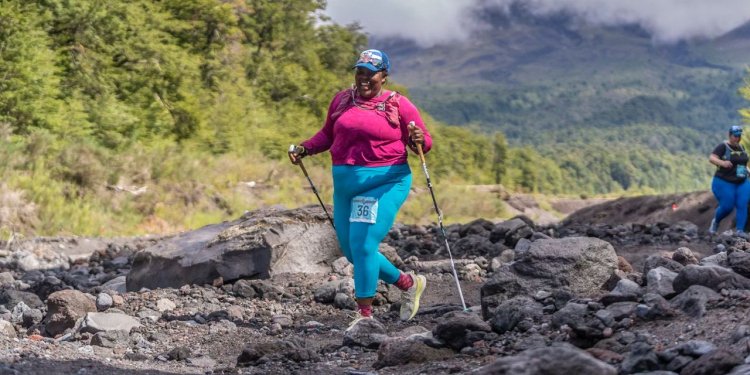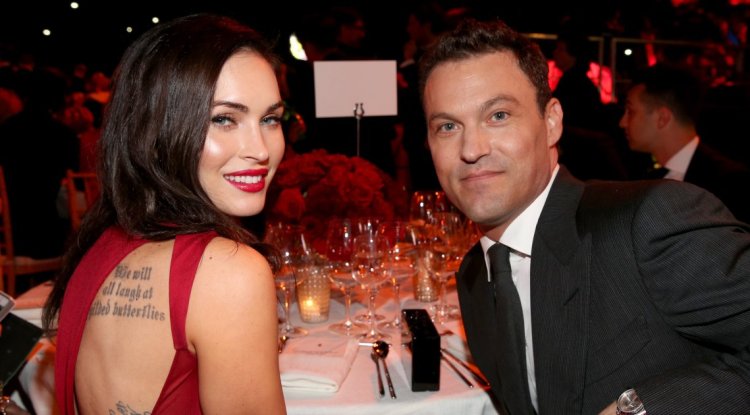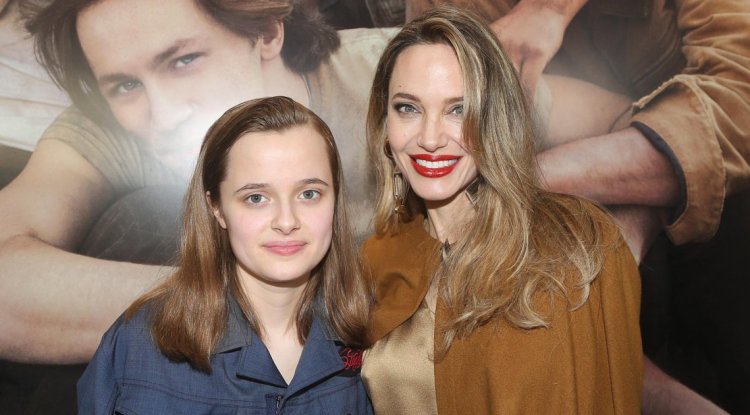The Joy of Running—Very Slowly
By Jen Murphy June 10, 2023 6:00 am ET The application for Mirna Valerio’s annual running retreat in the Azores cautions, “We will not be moving fast. I repeat, we will not be moving fast.” Valerio will turn away any 8-minute milers obsessed with their Garmin watches from her Slow AF Trail Running Adventures event unless they’re willing to slow down. (Slow AF is an abbreviated, R-rated way to say very slow.) The 47-year-old, Burlington, Vt.-based ultrarunner and motivational speaker is one of the leading voices in a growing movement to make running more inclusive by championing fun and community over finish times. Runners like Valerio are also shining a light o

By
The application for Mirna Valerio’s annual running retreat in the Azores cautions, “We will not be moving fast. I repeat, we will not be moving fast.”
Valerio will turn away any 8-minute milers obsessed with their Garmin watches from her Slow AF Trail Running Adventures event unless they’re willing to slow down. (Slow AF is an abbreviated, R-rated way to say very slow.)
The 47-year-old, Burlington, Vt.-based ultrarunner and motivational speaker is one of the leading voices in a growing movement to make running more inclusive by championing fun and community over finish times. Runners like Valerio are also shining a light on inequities she says she and other slower runners face, from asking marathon organizers to keep aid stations staffed longer to promoting groups and events that aren’t about speed.
“Just because you’re slow doesn’t mean you don’t take your training seriously,” Valerio says, noting she rarely skips a workout unless it’s due to injury or circumstances like the current air quality.
Her eight-day retreat culminates with a trail-running race of participants’ chosen distance, from 6 to 73 miles. She guarantees that no matter how long you need to finish, there will be water and bananas on the course and a cheering squad waiting at the finish.

Mirna Valerio, front, leads a running retreat in the Azores that caters to slower-paced runners. Video: Luis Bicudo/Mirna Valerio
How slow is slow?
When Jetaun Pope, 42, signed up for her first marathon in 2018, her goal wasn’t speed. The self-described “running turtle” just wanted to finish. Looking for support, she joined a training program in her home city of Chicago and was assigned to the slowest pace group.
“On a good day I can average a 13-minute mile, so I thought maybe they’d help me improve,” says Pope, a high-school math teacher. “I didn’t miss a session and always gave my best, but I couldn’t ever keep up.”
She felt defeated, but also discouraged that she didn’t see many other runners who looked like her. Her coach suggested she start following Latoya Shauntay Snell and Martinus Evans, two larger-bodied runners helping shatter the stereotype that runners must be rail thin.
The duo’s podcast, “The Long Run w/ Martinus and Latoya,” provided Pope the support and training insights she’d been missing, she says. Topics range from fat shaming and negative self-talk, to race-day considerations for slower runners, like carrying a hydration pack in case water stations are empty.
Their honesty motivated Pope across the finish line of the 2018 Chicago Marathon.
Race day was unusually hot and humid, causing Pope to walk more than anticipated. By mile 20, a truck trailed her and was taking down the course-mile markers.
The race has a cutoff time of 6 hours and 30 seconds. When she reached the finish line in 7 hours and 5 minutes, there were no cheering crowds. Staffers were packing medals into boxes. The only upside of being a back-of-packer was that no other runners ruined her photo finish, she jokes.
Snell had a similar experience at the 2018 Chicago Marathon. That prompted Evans, her podcast co-host, to pen an open letter to race directors from the back of the pack, which he aired on the show and posted on his blog, 300 Pounds and Running.
Slow runners put in the training and pay the same race fee as speedy runners, yet aren’t treated with the same respect and care, he argued. The post went viral. One year later, he launched the Slow AF Run Club, a virtual community for back-of-the-packers that has grown to nearly 10,500 members worldwide.
Evans, 36, weighs 300 pounds and has completed eight marathons. A certified running coach based in Brooklyn, N.Y., he has become an advocate for what he calls nontraditional runners.
“If you think you’re too fat, too old or too slow to run, well you’re wrong,” he says. His recently released book, “Slow AF Run Club: The Ultimate Guide for Anyone Who Wants to Run,” points out that the dictionary definition of run is “to go faster than a walk.”
“The definition doesn’t say anything about pace, looks, size or fancy gear,” he says.
At the end of the day, people shouldn’t be concerned about being a fast or thin runner, says Dr. Tamanna Singh, co-director of the Sports Cardiology Center at Cleveland Clinic in Ohio. They should care about being a strong runner.
Happy finishes
Race organizers and running groups are taking note. New York Road Runners’ final finishers initiative ensures that there’s a party-like atmosphere at the end of races, including the New York City Marathon. Volunteers, staff and professional athletes wait at the finish line into the evening to ensure later race finishers have the same experience as others.
Bethany Steuer discovered a running group near her home in Albany, N.Y., that has no-drop runs. One runner agrees to always stay at the back of the group so no one feels like they’re last.
Newsletter Sign-Up
What’s News
Catch up on the headlines, understand the news and make better decisions, free in your inbox every day.
Subscribe NowThe 46-year-old attorney for the state of New York is a proud back-of-packer and says she always associated getting faster with getting thinner. “People like Martinus and Mirna are helping undo that narrative,” the Slow AF Run Club member says.
More events are focusing on running for fun instead of a medal.
Elinor Fish, founder of Run Wild Retreats based in Carbondale, Colo., promotes what she calls mindful running. Instead of being preoccupied with thoughts like “I should be going fast,” she encourages runners to focus on breathing and form. “When you stop pushing and striving, you find your flow,” says Fish, who hosts retreats for run-walkers.
Running retreats hosted by Aire Libre, a company based in Mexico City, promote running as a vehicle to explore different cultures.
The company will host a Maine retreat next month led by Valerio where runners might pause for a picnic during their trail run.
“We try to remove the ego and make running playful,” founder Mauricio Diaz says.
Write to Jen Murphy at [email protected]
What's Your Reaction?






















